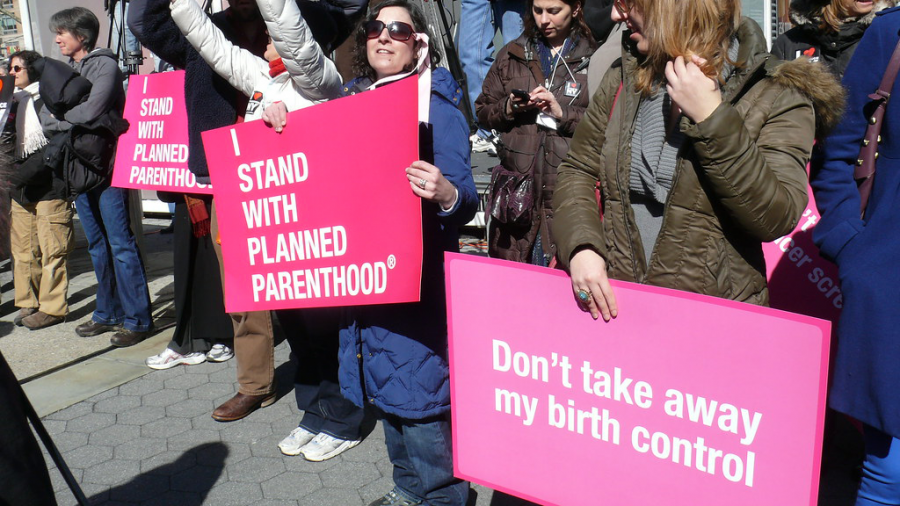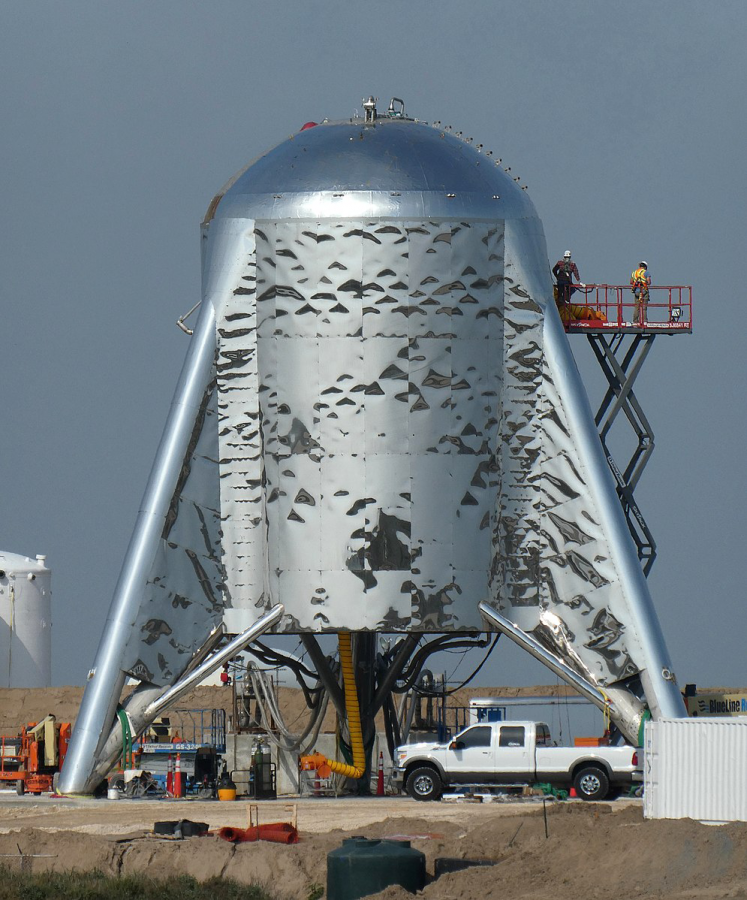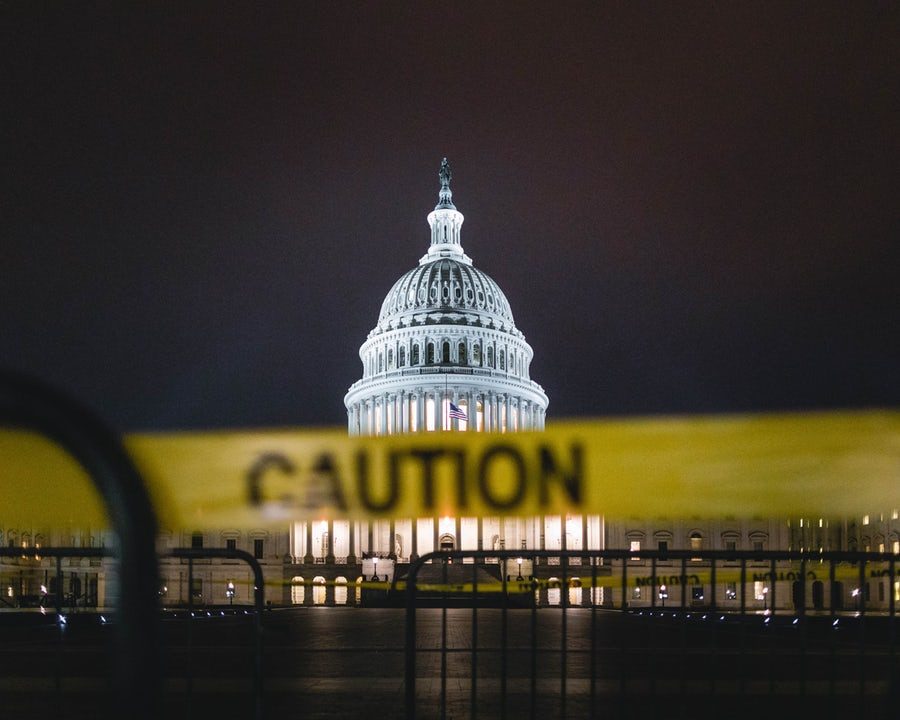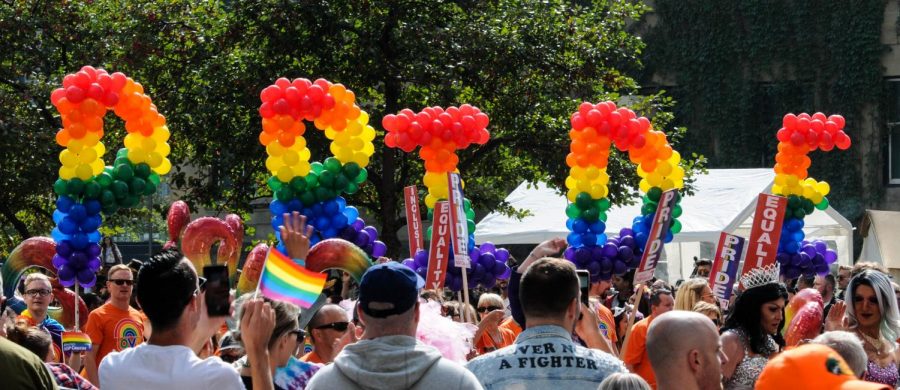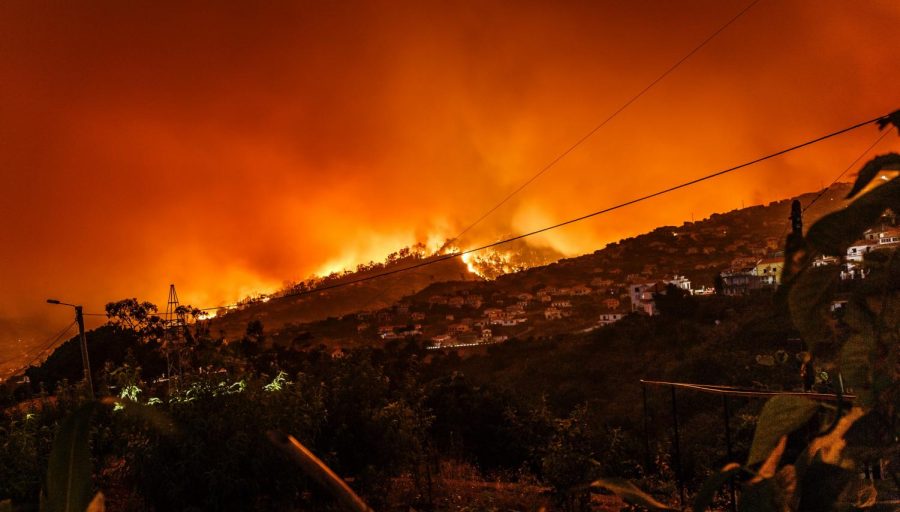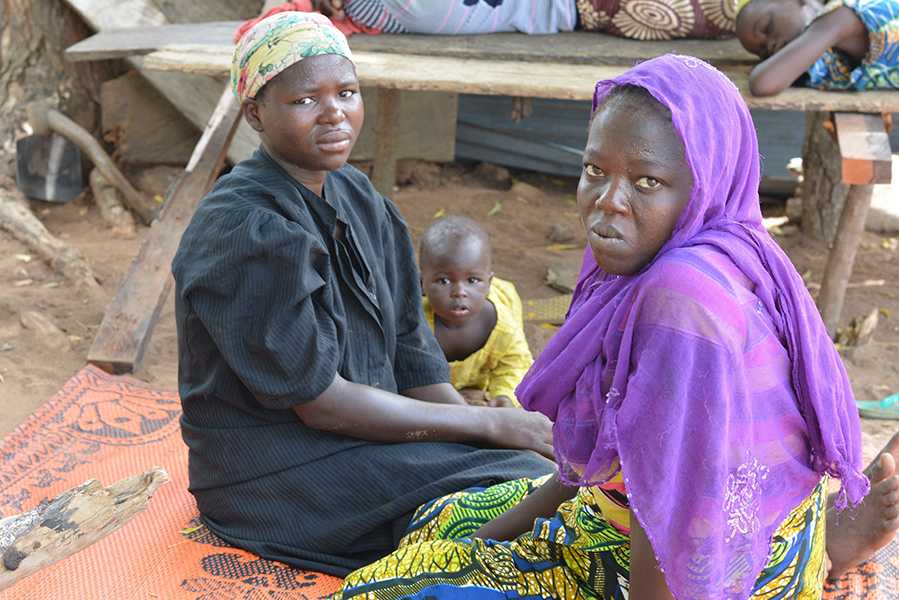Boko Haram attacks and burns a Nigerian village
Two refugee women forced to flee their homes in north eastern Nigeria after attacks by the violent Islamist militia, Boko Haram, who fled to Fuga village, central Nigeria, hoping to make a new life. Women were forced to convert to Islam. (Robyn Dixon/Los Angeles Times/MCT)
March 8, 2016
Gunmen riding motorcycles raided a Nigerian village under the cover of darkness, killing dozens of people and setting homes on fire. The attack began on January 30 and took place right after evening prayers.
“We had just finished evening prayers when the gunmen came to our village and indiscriminately opened the fire and set fire to homes,” resident Kulo Sheriff said. “They detonated two bombs, which added to our fright and confusion. Everybody fled to the bush from where we saw our homes burning.”
Boko Haram militants, armed with machine guns, opened fire on Dalori village near Maiduguri, which is the largest camp for those displaced by the terror group’s violence and housed around 20,000 people in Nigeria’s northern Borno state. There is no set number as to how many people were harmed or taken, however, it is reported by the Borno State Health Commissioner Haruna Mshelia that at least 85 people died, 16 others were missing, and 59 others were injured. 20 or more of the victims were also said to have burned alive in their homes during the attack, which also causes some confusion to the death count.
“Some women were kidnapped by the Boko Haram gunmen but I don’t know how many there were,” NEMA chief Mohammed Kanar said.
Boko Haram is a Nigerian jihadist group that has attacked the North for years with an aim to impose a stricter enforcement of Sharia law across Africa’s most populous nation, which is split between a majority Muslim North and a mostly Christian South.
Boko Haram has escalated their attacks as ISIS escalates theirs. The group has bombed schools, churches and mosques, kidnapped women and children, and assassinated politicians and leaders. Last year, they claimed the morbid title of deadliest terror group for the killings in Nigeria, Chad, Niger, and Cameroon.
The group, which is solely based in north Nigeria, killed 6,644 people in 2014, an increase of more than 300 percent from the previous year, according to the latest tally from the Global Terrorism Index. This number was calculated to be higher than that of ISIS’s 6,073 killings, to which it reportedly pledged allegiance last year.
The government took subtle action at this time by becoming very aware of the attack and ordering the Obama administration to hold back all weapons that would be shipped to the Nigerian government. While this was true, the administration was still providing training, equipment, and funding to countries menaced by Boko Haram.
“I was kind of astonished,” John Campbell, a former ambassador of Nigeria, said. “It implies that the U.S. has contributed to Boko Haram’s violence by declining to supply military equipment.”
President Obama later decided that it was time to authorize the deployment of 300 U.S. troops to Cameroon in order to help with the struggle against the Nigerian terrorist group two weeks before announcing his decision to send Special Operations Forces into Syria.
The actions of the U.S. government were perceived to be irrelevant to what the original goal was: to prevent Boko Haram from being able to kill so many civilians. While weapons were not sold to Nigeria, they had their own equipment that worked just as well for them.
“To me it is utterly baffling,” Campbell said. “Boko Haram’s success against the Nigerian military is not the result of a lack of military hardware.”




